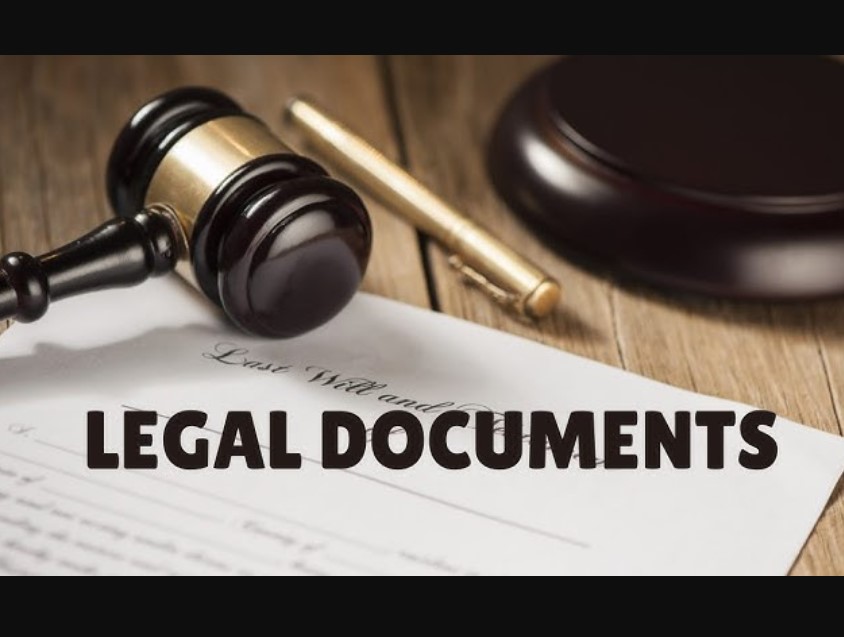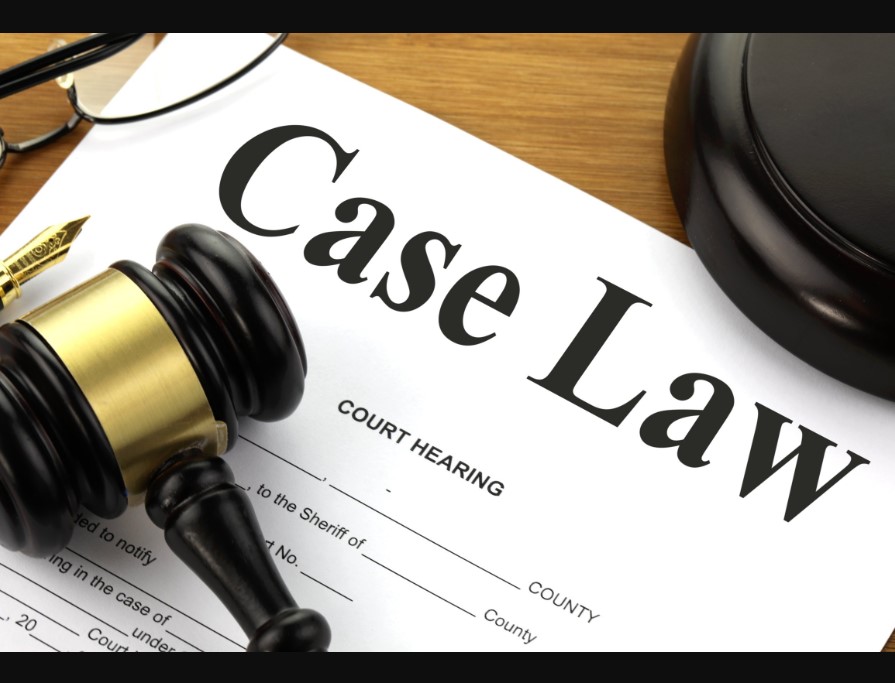
Legal documents play a critical role in many aspects of life, from business transactions to personal decisions and beyond. These documents formalize agreements, clarify rights and responsibilities, and protect the parties involved. This article will break down various types of legal documents, their purposes, and why they’re essential in both personal and professional realms.
What Are Legal Documents?
Legal documents are written agreements or records that outline specific rights, duties, and obligations under the law. These documents can be as simple as a lease agreement or as complex as a contract for a large-scale merger between corporations. The primary purpose of a legal document is to ensure clarity and protect the parties involved from misunderstandings, disputes, or legal ramifications.
Legal documents are often created by attorneys, but many standardized templates can also be used for common purposes. To be legally binding, they typically need to be signed, sometimes notarized, and in some cases, registered or filed with a government body.
Types of Legal Documents
There are numerous types of legal documents, each serving specific functions. Here are some of the most common categories:
Contracts
Contracts are perhaps the most well-known type of legal document. They define the terms of an agreement between two or more parties. Types of contracts include:
- Employment Contracts: Outline the responsibilities, compensation, and terms of employment between an employer and an employee.
- Sales Contracts: Cover the terms and conditions of a sale, whether it be a car, house, or any other property.
- Service Contracts: Used when one party agrees to provide a service to another, detailing terms of service, payment, and responsibilities.
- Non-Disclosure Agreements (NDAs): Legally bind parties to maintain confidentiality about specific information or practices.
Each contract must contain essential elements like offer, acceptance, consideration, and mutual intent to be binding.
Wills and Trusts
Wills and trusts are essential documents that outline how a person’s assets should be managed or distributed upon their death. They also clarify beneficiaries, appoint executors, and help avoid disputes among family members.
- Wills: Specify the distribution of assets, guardianship of children, and appoint executors who will handle the decedent’s estate.
- Trusts: Allow an individual to specify how and when their assets are distributed. Trusts can also provide tax benefits and help avoid probate.
Power of Attorney (POA)
A Power of Attorney is a document in which an individual (the principal) appoints someone else (the agent) to act on their behalf in specific or broad matters. There are different types of POA:
- General POA: Grants the agent broad powers to manage the principal’s affairs.
- Limited POA: Allows the agent to act on specific matters or for a limited time.
- Durable POA: Remains in effect if the principal becomes incapacitated.
Leases and Rental Agreements
These documents define the terms of property rental, usually between a landlord and tenant. They cover details like the rent amount, duration of the lease, property maintenance, and other responsibilities.
Affidavits
An affidavit is a written statement that a person swears to be true, usually in the presence of a notary. Affidavits are often used in legal proceedings as evidence or to confirm information.
Key Elements of a Legal Document
Legal documents, while varying in type and purpose, generally contain several key elements to be considered valid and enforceable:
- Parties Involved: Clearly identify each party’s name and relevant details.
- Definitions: Define terms used in the document to avoid ambiguity.
- Terms and Conditions: Detail the specific rights, obligations, and responsibilities of each party.
- Signatures and Dates: Legal documents typically need to be signed by all parties involved and, in some cases, dated.
- Witnesses or Notarization: Certain legal documents, like wills, require witnesses to verify authenticity, while others may require notarization.
It’s important to ensure clarity, accuracy, and thoroughness in legal documents. Ambiguous language or incomplete sections can lead to disputes or render the document unenforceable.
Why Legal Documents Are Important
The primary role of legal documents is to provide clarity and security in formal agreements. Some key reasons why legal documents are crucial include:
- Reducing Risk: Legal documents protect parties by outlining the specifics of an agreement, reducing the likelihood of disputes or legal issues.
- Legal Accountability: If one party fails to fulfill their obligations, the other can hold them accountable based on the agreed terms.
- Providing Proof: In cases of legal disputes, a well-drafted document can serve as crucial evidence.
- Ensuring Compliance: Legal documents are often required to comply with laws and regulations, particularly in areas like employment, finance, and real estate.
For instance, a business partnership agreement clearly defines the roles, profit-sharing, and responsibilities of each partner, which helps prevent conflicts and ensures smoother operations.
How to Draft and Review Legal Documents
Drafting legal documents requires careful attention to detail. It is recommended to consult a lawyer or legal professional, especially for complex agreements. However, there are some steps you can take to ensure your document is solid:
- Identify the Purpose: Understand the purpose of the document and outline what you aim to accomplish.
- Use Clear Language: Avoid jargon, and ensure the language is straightforward and easy to understand.
- Detail All Terms: Be thorough in outlining terms, conditions, and any contingencies.
- Consult Templates: For basic documents, there are numerous reliable templates online, which can serve as a starting point.
- Review and Revise: Go over the document several times to catch any errors or omissions.
When reviewing a legal document, it’s essential to verify that all relevant terms are included, assess the clarity of the language, and confirm the presence of all necessary signatures and dates.
Digital vs. Paper Legal Documents
With the rise of digital technology, legal documents are increasingly stored, signed, and shared electronically. Digital legal documents offer several advantages:
- Convenience: They can be accessed, shared, and signed remotely.
- Efficiency: Digital signatures and cloud storage eliminate the need for physical storage.
- Security: Many digital platforms offer encryption and verification features to protect sensitive information.
However, some documents, such as wills or certain property deeds, may still require a physical form, notarization, or witness signatures to be legally valid.
Legal Documents and Privacy
Given the sensitive nature of many legal documents, safeguarding privacy is paramount. Here are a few ways to protect privacy:
- Encryption: Use encryption for digital documents to protect against unauthorized access.
- Limited Access: Only share documents with parties directly involved or those legally required to view them.
- Secure Storage: Store both digital and paper documents in a secure location. For physical documents, a locked safe may be suitable, while digital documents can be stored in secure cloud services.
Conclusion
Legal documents are vital for ensuring clarity, security, and compliance in personal and professional transactions. They protect rights, outline obligations, and establish frameworks that can prevent or resolve disputes. Whether it’s a simple contract, a will, or a complex business agreement, understanding the purpose and structure of legal documents is essential for navigating various life and business situations.






